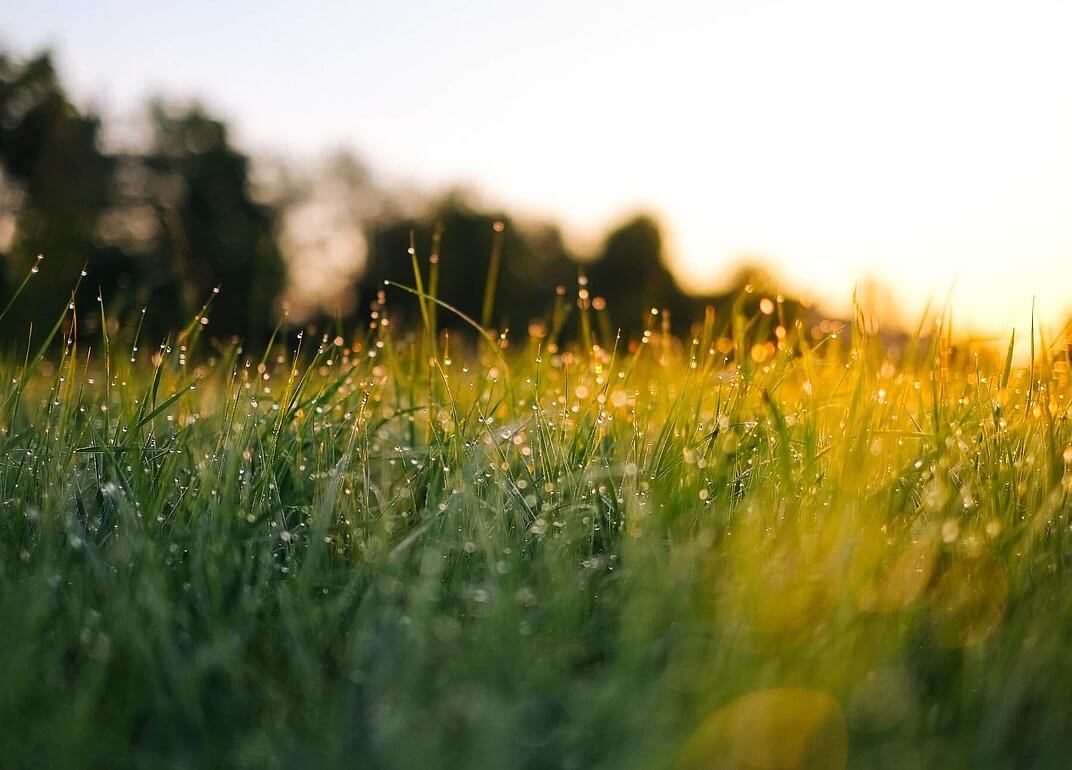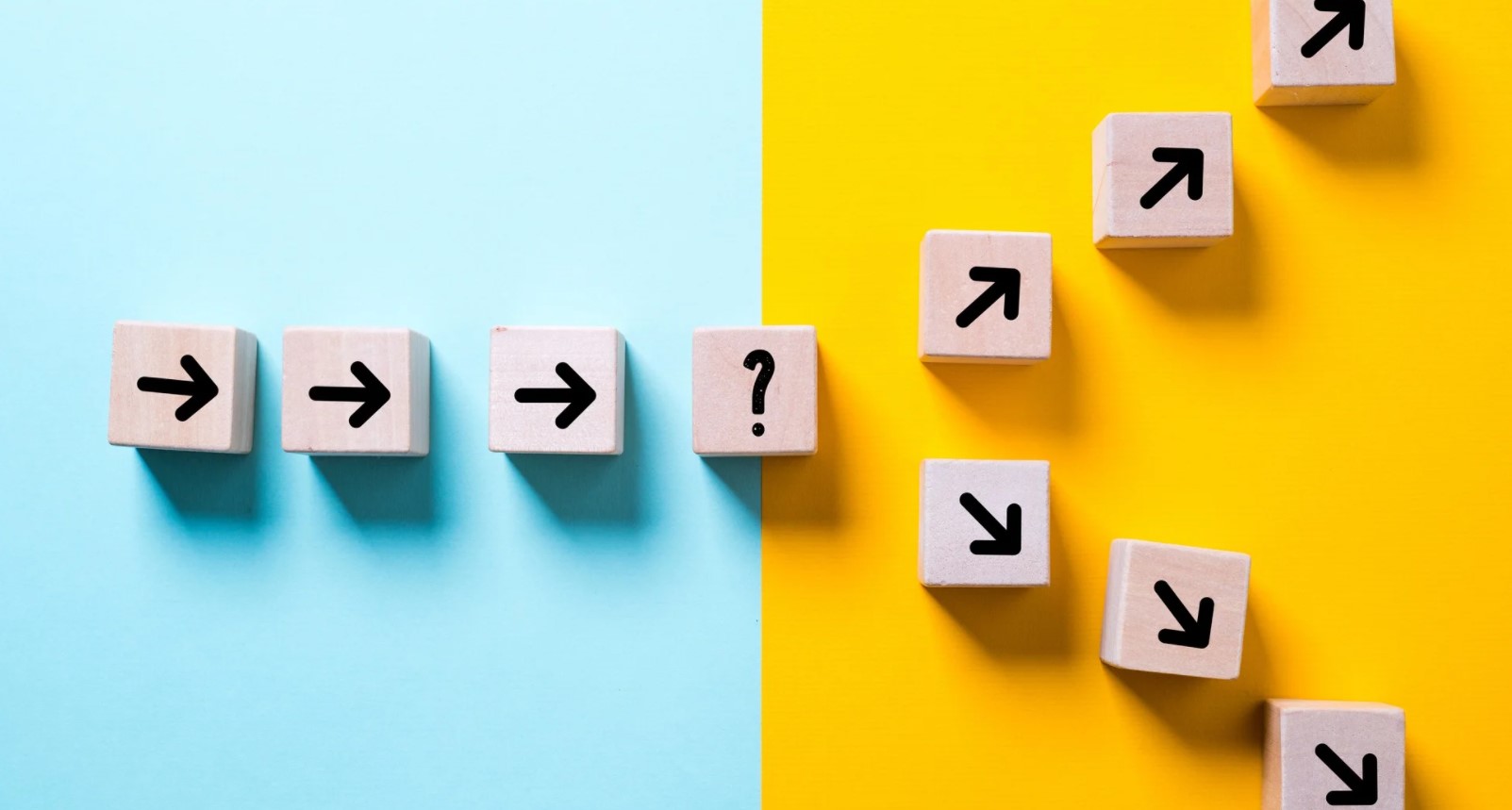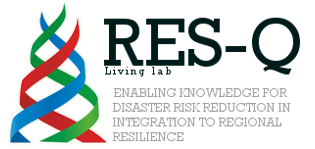
Recognizing that resilience is a sustainability prerequisite for our regions, cities and societies we came up with the living lab : RES-Q: knowledge for disaster risk reduction in integration to regional resilience.
Disaster risk reduction is an integral part of social and economic development, and is essential if development is to be sustainable for the future. This has been recognized by several global documents and sustainable development. The Yokohama Strategy and Plan of Action for a Safer World (1994), as the first major international framework for disaster risk reduction, recognized the interrelation between sustainable development and disaster risk management. Ever since, this close interrelation was continuously strengthened within the key global agreements, from MDGs to the Johannesburg Plan of Implementation (Johannesburg, September 2002), to the “Hyogo Framework for Action (2005-2015)” and to the “Future We Want” (Rio, June 2012), to the Sendai Framework for DRR (Sendai, Mach 2016) and the 2030 Agenda for Sustainable Development (New York, September 2015).
Primarily, the Living Lab (LL) in Larissa will deal with the situation and the response to two recent disasters affecting the region: the Covid-19 pandemic and a magnitude 6.3 earthquake, which occurred in 2021 and damaged dozens of buildings in the region and many infrastructures. Additionally, the LL will aim at contributing to the design of a flood risk management plan in order to reduce the flood risk.

